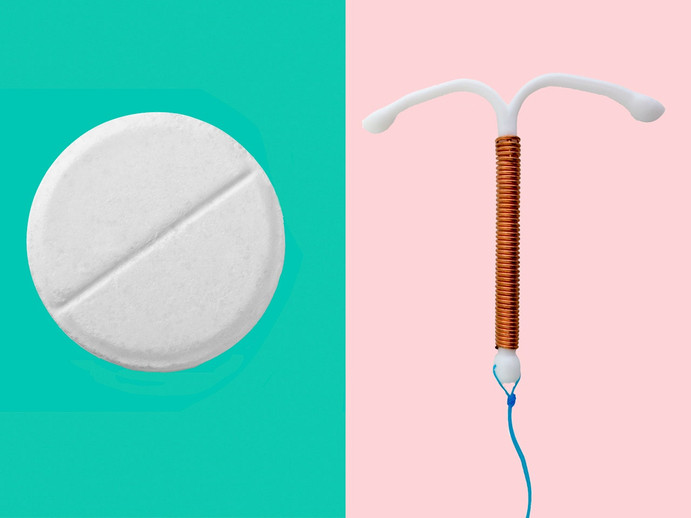This is a rather marvellous solution if something has gone wrong with your usual contraception, or if it’s failed. We can all be as prepared as we like, but sometimes things don’t work out as we’d like, or expect, them to. Which is where emergency contraception comes in. Never under-estimate the power of this scientific breakthrough, or the reassurance that it gives to women that all is not lost if contraception goes awry.
But the levels of teen pregnancy in particular have been falling, and here are the reasons why:
- -Comprehensive advice is readily available and being given at a younger age.
- -Schools have got a grip on this being included in the standard curriculum so there’s more and better education about sex in general.
- -Education gives teens more knowledge about, and therefore autonomy over, their body.
- -Emergency contraception is far easier to get. This is a BIG one – having several hoops to jump through puts many teens off getting hold of it, telling themselves ‘Oh, it was only once, I’m sure that I won’t be pregnant’. The anonymity they can have these days has resulted in a huge upsurge of them actually using it. A face to face appointment to discuss their sex life is sometimes just simply too much to deal with.
- -There’s a big emphasis on prevention rather than cure.
What exactly is emergency contraception?
It’s a means of preventing pregnancy occurring if your usual method of contraception has failed. This can include split condoms or forgetting to take your usual pill, or even if you’ve just had unprotected sex. Especially with condoms splitting, it can easily go unnoticed until sex is over.
EC pill – quick fact check.
There are two types available: Levonelle which has to be taken within 3 days (72 hours) of having unprotected sex and ellaOne which has to be taken within 5 days. Neither of these interfere with your usual protection. Both of them however do have some side effects, they might cause headaches, stomach aches, nausea or vomiting. They interrupt your natural menstrual cycle, basically, which can also cause your period to be later, earlier or more painful. Both os these interrupt the normal hormones being released.
If you do vomit within two hours of taking the pill then you need to get further treatment, either a second dose or the IUD contraceptive (intra-uterine device).
Neither of these continue to provide protection, you’ll need to make sure that you have something else in place afterwards. Whether or not you stay with your usual choice depends on the circumstances. For example, if you’ve already used emergency contraception quite recently, or repeatedly, then it might be time to look at something else.
IUD – quick fact check.
IUD stands for ‘intra-uterine device’, normally referred to as the ‘coil’. This is a T-shaped thing which sits in your uterus and protects against pregnancy. There are two types – the copper coil which doesn’t have any hormones, and it protects you in two ways, copper kills the sperm and makes it an inhospitable environment and it stops embryo implantation from happening. The Mirena coil sits in the same place, but it releases contraceptive hormones as well as preventing implantation. It can be fitted up to five days after unprotected sex and it’s actually more effective than the EC pills, less than 1% of women who use it become pregnant. It might be slightly uncomfortable to be fitted, but the plus side is that once it’s in it can be left there as permanent contraception.
Does it count as a termination of pregnancy?
Absolutely NOT. Emergency contraception works by preventing a fertilised egg from implanting into the uterus, not by removing an established pregnancy.
Can any woman use the ECP?
Most women can, but not all. Women who can’t use hormonal contraception normally, can still use this method, and if you’re 16 or over then you can buy it over the counter with no need for a consultation with a medical professional. Girls 15 and under do need to see a GP/pharmacist/nurse prescriber to get it.
However, there are some women for whom this isn’t an appropriate treatment. For example, allergies, severe asthma or taking other medication might interact negatively with the ECP. If this is the case for you, then you’ll need to speak to a doctor before you get it.
Preparation.
You can the ECP in advance if you think you’re going to need it, or you’re going abroad somewhere where it will be very difficult to get hold of it. However, it should NOT be used routinely, this is something designed to stop your hormones working properly, so you will need a permanent method of contraception as well. If you’re not sure which one is right for you, then there’s plenty of medical advice available from your doctor or a sexual health centre. You certainly won’t be left in the dark.



